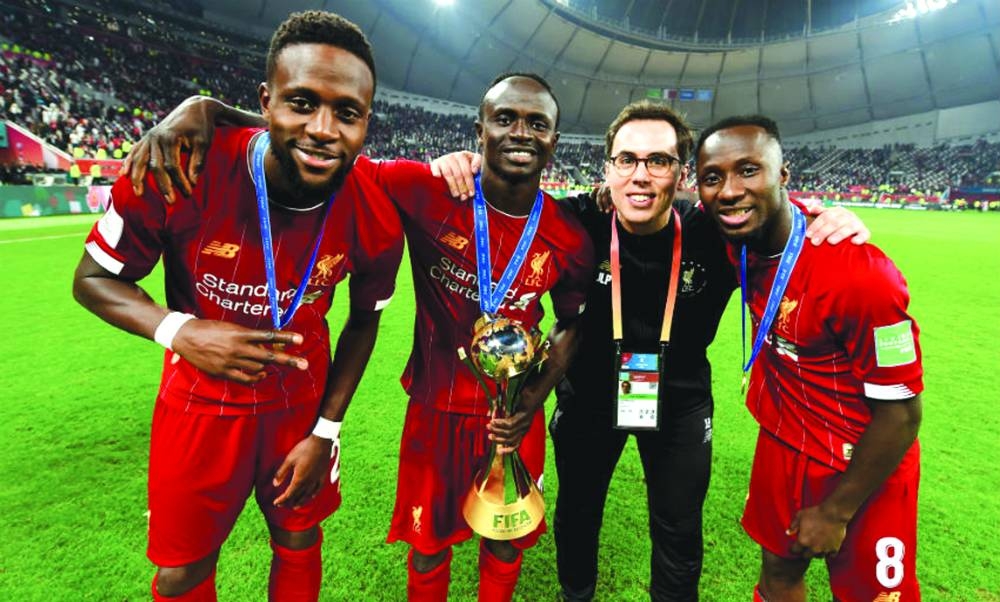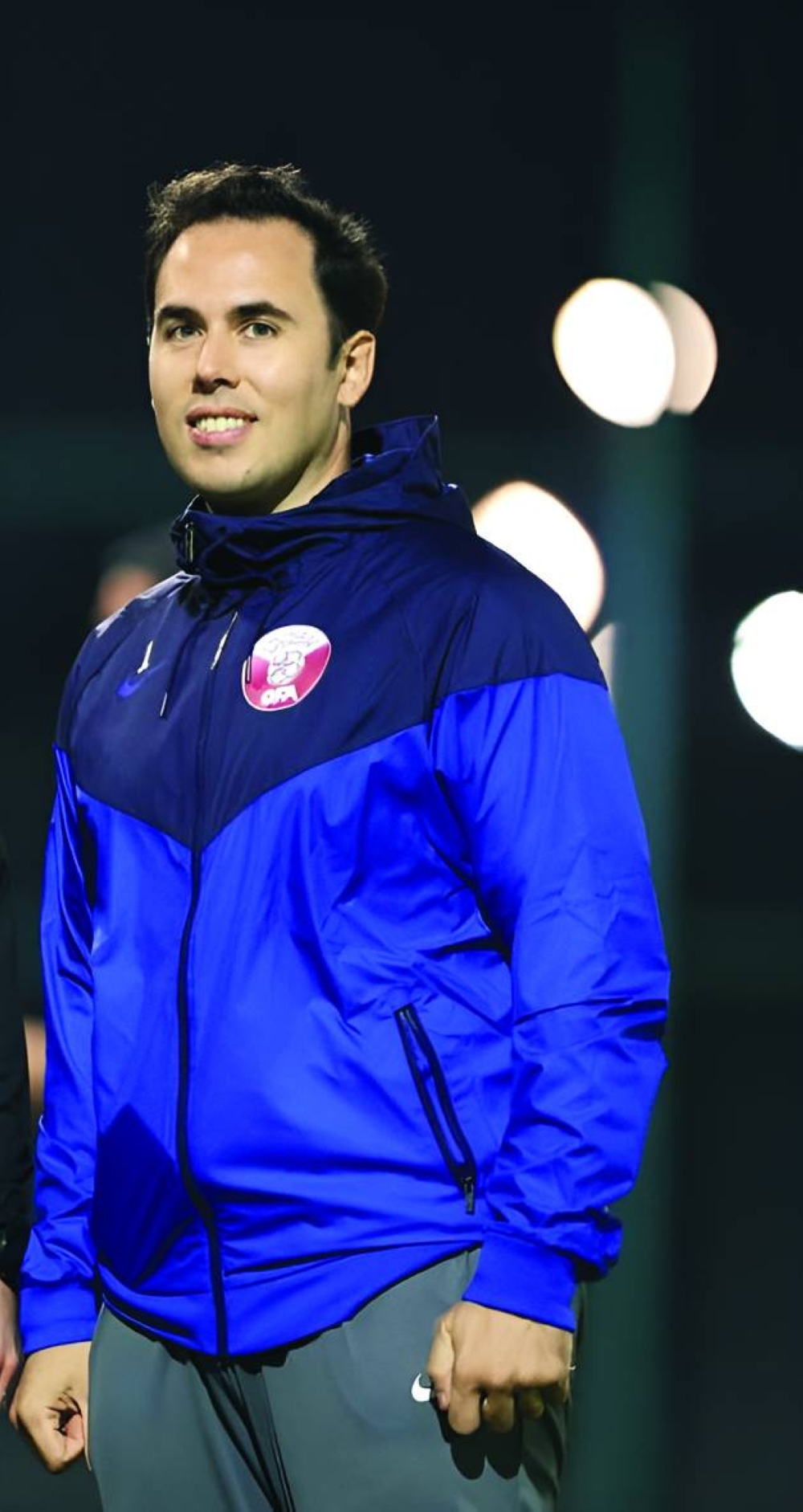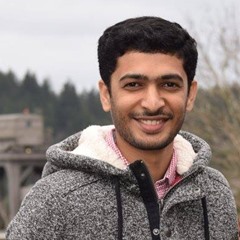Jose Luis Rodriguez has so many fond memories of Qatar that the physiotherapist did not think twice when an opportunity presented itself to come back to a country where he started his career. From a young man walking into the corridors of Aspetar Orthopaedic and Sports Medicine Hospital in Doha in 2009, the Spaniard has come a long way. After spending nine years with Aspetar, Rodriguez moved to Liverpool and was part of the successful years of the Premier League giants.
He went on to form part of the support structure that helped Jurgen Klopp’s side win four major trophies and was a popular figure among foreign players in the squad due to his ability to speak four languages.
At Liverpool, he developed a close bond with players like Senegal star Sadio Mane, for whom he served as a personal physio for five years. Rodriguez also had stints with the national teams of Senegal and Libya before becoming a physiotherapy consultant in Dubai. Now he is back in Qatar, albeit for a short three-month term as the physio of the Qatar national team, ahead of the Asian Cup, which will kick off at the Lusail Stadium from Friday.
The Seville native, though, is longing for a longer run in Qatar, where he says he feels ‘more connected to than my home country Spain.’ Rodriguez spoke to the Gulf Times about his attachment with Qatar, his time at Liverpool and the role of a physiotherapist in football. Excerpts
Q. You spent almost a decade at Aspetar, can you shed light on your early years in Qatar?
My experience in the Middle East and particularly in Qatar taught me a lot of good things. I moved to Qatar in 2008. I was tired of what I was doing in Spain, working with a rugby team.
My father was a famous bullfighter from the 1970s in Spain, so I spent a lot of time around that too.
I decided to explore a new opportunity in the Middle East and Aspetar caught my eye. I sent them my CV, which they liked, but I was told to improve my English. I asked them for two months’ time, in which I spent time in England without any Spanish people around me. I took classes there in English and spoke to local people. After two months I gave an interview at Aspetar and I got the job. I am a very determined person, when I put something in my head, I don’t stop until I achieve it.
Absolutely. My experience in Qatar has been transformative. I got married here, became a Muslim, and now feel more connected to Qatar than my home country, Spain. The safety, quality of life and job opportunities make Qatar a place I identify with and feel comfortable in.
Q. How did you end up joining Liverpool in 2018?
What marks me the most is that I spent a crucial time of my life in Qatar. I met my wife and we had a baby too while we were here. After close to 10 years in Aspetar, I decided to experience new things and so joined Liverpool. It was a dream, especially as it was the golden times of Liverpool club and I had enjoyed it most.
As my family could not familiarise with the weather in England, we decided to move to the Middle East, specifically Dubai, as my wife has family there. Now I am back in Doha and hope to spend many more years.
Q. How did you get a call to join the Qatar team for the Asian Cup?
I was in Dubai doing consultancy when this opportunity came up. It’s a great chance, especially because the coach Marquez Lopez is someone I worked with before with Iraq. Two other former staff members from Liverpool are also part of the Qatar team. It’s like reuniting with close friends. The preparation has been very good for the Asian Cup. It’s challenging, especially with limited time since the coach has just joined. The pressure is high, but we’re confident that with a good performance, we can go far.
Q. Is the primary focus of a physiotherapist in football centred around preventing injuries?
Yes, in football, prevention and treatment of injuries are crucial. The focus is on the daily maintenance of players to avoid injuries. Football demands resilience, and players have to maintain their health as the main investment. The high demands of the sport require a 24/7 commitment to fitness, nutrition, and overall well-being.
Q. Football is a contact sport and the calendar is packed and they play numerous matches. How do you think a player should maintain his fitness?
Players like Salah invest a significant amount of time and effort in maintaining their fitness. It’s not just about the time spent at the club; they focus on nutrition, sleep, personal training, and even pilates. The short career span requires a substantial sacrifice, but the commitment is essential.
Q. Anterior cruciate ligament (ACL) injuries are severe and involve lengthy rehabilitation. What do you tell players like Qatar forward Mohamed Muntari, who suffered a similar injury recently and was ruled out of the Asian Cup?
For players facing ACL injuries, the mental aspect is crucial. The physical rehabilitation can be managed, especially with top facilities like Aspetar. Supporting them mentally and providing positive examples is essential to help them overcome the mental challenges associated with such injuries.
Q. Can Injuries, like ACL tears, happen without any apparent reason? Is it just bad luck or is there any particular reason for it?
While some injuries are labelled as bad luck, it’s essential to be honest and humble. There is always a reason, even if we don’t fully understand it. More research and innovation are needed to address non-contact injuries like hamstring issues, which, despite advancements, remain a challenge.
Sport
Rodriguez: From Aspetar to Liverpool and back to Qatar’s Asian Cup quest
Spaniard is back in Qatar, albeit for a short three-month term as the physio of the national team

Jose Luis Rodriguez (second right) poses with the Liverpool players Sadio Mane (second left), Naby Keita (right) and Divock Origi after the Premier League side won the FIFA Club World Cup at the Khalifa International Stadium on December 21, 2019.

Jose Luis Rodriguez

